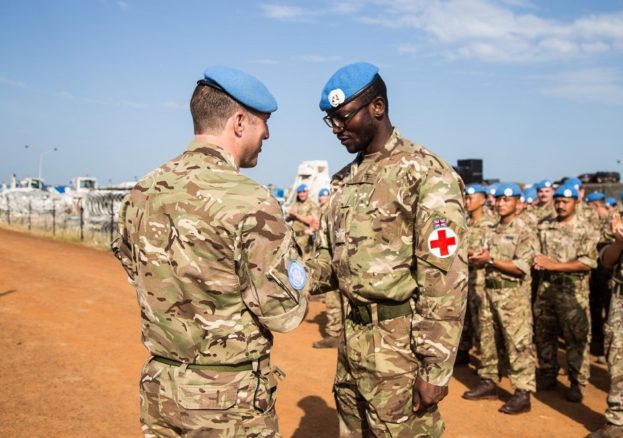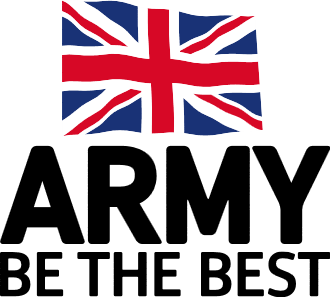
Despite this significant contribution by many thousands of soldiers, recognition of their bravery and sacrifice has been limited here in the UK. In contrast, the Jamaica Defence Force (JDF) stages a number of events commemorating the acts of bravery of two outstanding West Indian soldiers of the West Indian Regiment, which had been created by the British Army in 1795.

These soldiers made history by being among the first non-Europeans to be awarded the Victoria Cross (VC), the highest award for bravery in the British and Commonwealth Armed Forces. Samuel Hodge, from the British Virgin Islands, was awarded the VC in 1866 for storming an enemy position under intense fire; William Gordon, from Jamaica, was awarded the VC in 1892 for being shot while pushing his commander out of the line of fire. Both men served in the West Indian Regiment of the British Army (upon disbandment the 1st Battalion became the modern Jamaica Regiment within the JDF).
These examples of courage inspire us to commemorate the contribution of Caribbean and African people to our Armed Forces. Since the Windrush Generation this contribution has continued, with people from the Caribbean continuing to serve this country and their children doing the same. On 30 May the British Army will hold its own inaugural VC Day. It will celebrate the bravery of West Indian men such as Hodge and Gordon, as well as notable others who made their own impact: Mary Seacole, the British-Jamaican nurse who treated soldiers during the Crimean War; James Africanus Beale Horton, a British Army medical officer born in Sierra Leone who served in two wars and later became a successful businessman and political writer; Walter Tull, a footballer of Afro-Caribbean heritage who played for clubs including Tottenham Hotspur before serving in World War One, during which he became an Army officer and was cited for gallantry before his death on the Western Front.
Today the Army celebrates the diversity in its ranks and the achievements of all those who serve. There are networks to provide support and guidance to religious and minority groups and the Army always seeks to engage with the wider community to stay connected with all parts of society. VC Day allows us to join with the community and commemorate the actions of one part of society that has not always had the recognition it deserved. One organisation attending the event is The National Caribbean Monument Charity (TNCMC), who want to ensure the bravery and service of Caribbean soldiers is remembered and are fundraising to commission a monument in the National Memorial Arboretum in Staffordshire. It will be a fitting way to immortalize VC winners such as Hodge and Gordon, and all those from the Commonwealth who served in all parts of the British Army up to the present day.
By Major James Eppleston. James’s mother was born in Guyana and emigrated to the UK in 1963.
